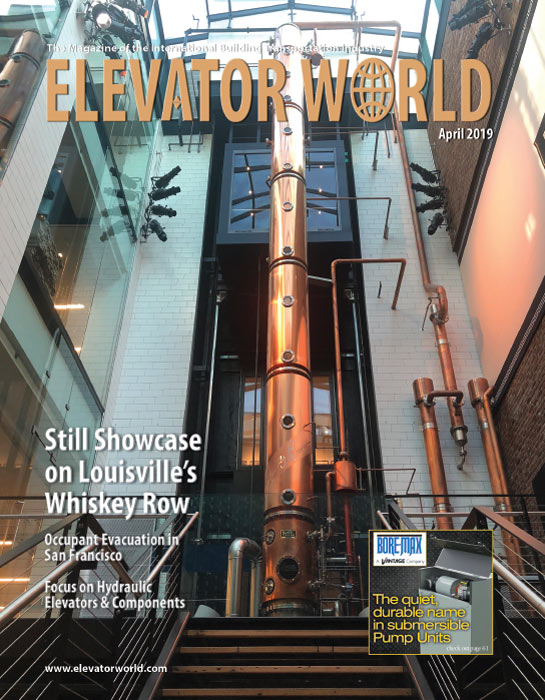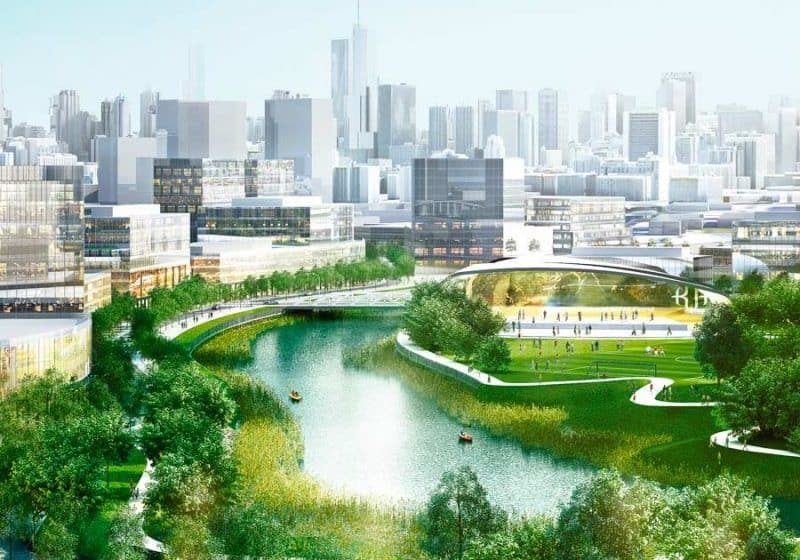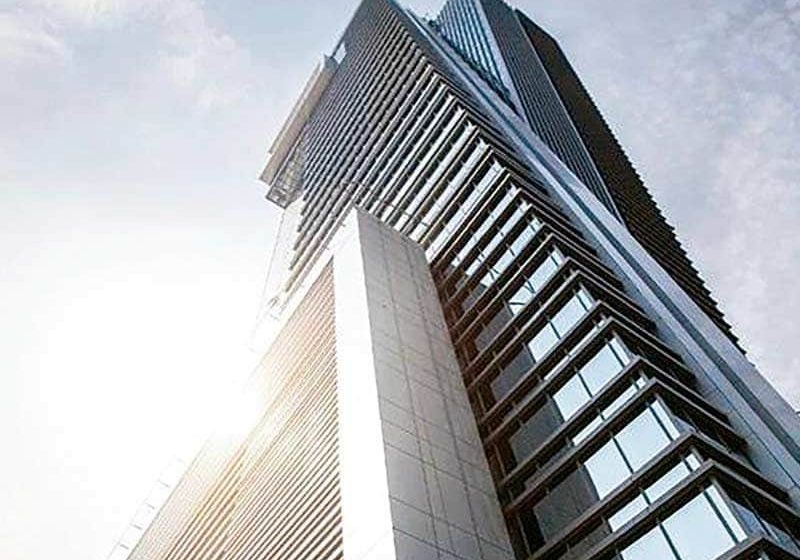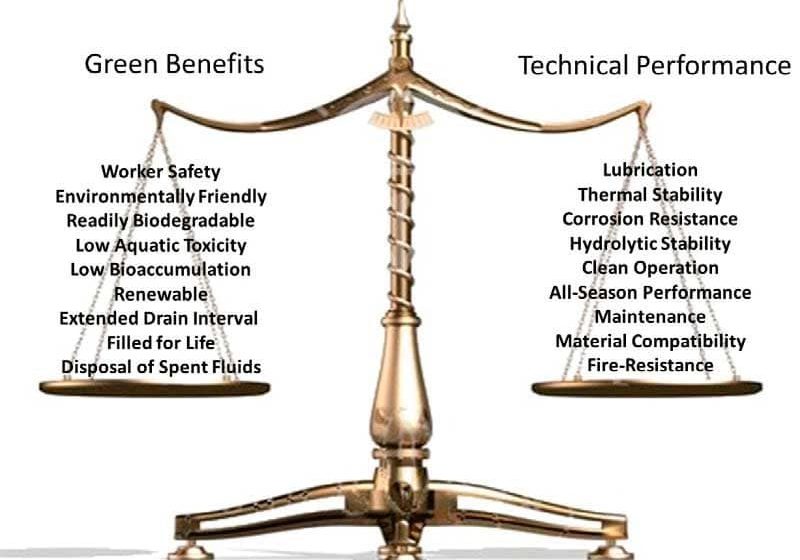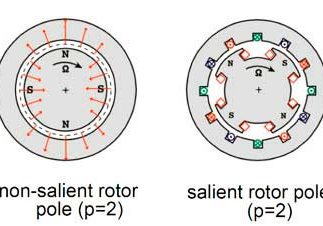Despite challenges, the future looks bright for Ghana’s VT market.
Ghana, a former British colony known as Gold Coast until its independence as a nation in 1957, is one of the emerging markets in Africa characterized by long spells of political stability and an improvement in the ease of doing business, according to World Bank rankings. For those reasons, the country is attracting investment from foreign companies that have been key in the growth of its real-estate sector.
On a continent where political uncertainty and civil strife are common, Ghana has enjoyed relative peace since its independence and recorded robust economic growth. This has led to a fast-growing urban population, now estimated at 14 million — up from 4 million 30 years ago. Ghana’s top 10 cities have an estimated 6.5 million people, while the rest of the smaller urban areas are home to nearly 8 million people. This has created demand for additional residential, retail and commercial space.
Because of the investment-friendly environment, a number of private-sector real-estate investors have emerged in Ghana or opened subsidiaries in this country of 29 million people, a positive development for the construction industry and suppliers of vertical- transportation (VT) solutions.
Some of the leading real-estate developers in Ghana’s urban investment landscape are Devtraco Ltd., Trasacco Group, Regimanuel Gray Ltd., Clifton Homes, Manet and CPL Developers Ltd. “The real-estate sector is dominated by informal players who take up 90% of the market share,” observes Africa-focused private equity investment company Cytonn Investments Management Plc.
However, unlike the period between 2007 to 2013 when there was increased demand for office space driven by Ghana’s nascent oil and gas industry, going forward there will likely be reduced activity in the commercial-office sector, given increasing supply and vacancy rates, Cytonn says. Office occupancy rates are declining, with an average occupancy of 78.3% as of 2017, Cytonn adds. The firm attributes this trend to developers “shifting their focus to retail and housing, due to high demand.”
Nearly all large VT players in Ghana have supply partnerships with top global manufacturing brands in Europe or China.
Nevertheless, players in Ghana’s VT industry could still expand their respective market shares as some developers are keen on developing Grade A properties for high-end companies that require serviced offices in cities such as Accra, Kumasi and Takoradi for short- to medium-term operations. A Cytonn report states:
“These are buildings in prime locations that have high-quality facilities, mechanical and electrical installations such as standby generator sets, lifts (elevators), air conditioning, closed-captioned TV monitoring, access control, firefighting equipment and services such as landscaping, waste management and cleaning.”
Some of the companies occupying Ghana’s high-end commercial buildings are LG Electronics; Generic 7 Consult International, a company that provides global offshore oil and gas rig procurement and related services; maritime repair and maintenance provider Prime Meridian Docks Ghana Ltd.; real-estate company Laurus Development Partners; global business development and investor relations and advisory firm Baum, Barry and Geller; Bloomberg and Microsoft.
Demand for elevators and escalators in Ghana is also likely to be fueled by increasing investment in the country’s retail segment, which has attracted leading foreign retailers such as Mr Price, Decathlon, Barcelos, Levi’s, Mango and Shoprite.
To accommodate both foreign and Ghanaian retailers, a number of malls — such as Accra, Marina, Junction, Oxford Street, K&C, Kumasi City and West Hills — have been developed. These facilities are outfitted with lifts and escalators to serve their many customers.
In addition, the skyline of Ghana’s capital, Accra, is dominated by Villaggio Alto, Villaggio Aqua, Villaggio Azure, World Trade Centre Accra, Heritage Towers, Ridge Towers, Cedi House, Chateau Towers, Premier Towers and VRA House. These buildings are the tallest in the country.
With growth of the commercial-building sector expected to slow down in the short and medium terms on the back of a glut of such buildings and growing vacancy rates as smaller firms opt for smaller spaces because of high office costs, Ghana is expected to become one of the largest VT maintenance and repair markets in West Africa.
Ghana’s VT industry faces the challenge of lack of reliable data, with little industry information available. This is made worse by the lack of a professional industry organization that can collect, analyze and confirm whatever information is available on the country’s industry.
Some of the industry players in Ghana are Elseca Engineering Ltd., Konnected, Mitsulift Ghana, ARG1 Africa Ltd. and KSI Services Ltd. (KONE Elevators). Many of these companies have executed contracts for leading Ghanaian tall buildings, malls and other retail structures, especially in the cities of Accra, Kumasi and Takoradi. For example, Konnected, the official Schindler distributor in Ghana, was involved in the installation of VT systems at Accra Mall, 335 Place, Kempinski Hotel Gold Coast, Kumasi City Mall, Achimota Retail Centre, Kotoka International Airport and others.
Elesca says on its website it has installed more than 200 lifts and escalators in Ghana and West Africa, and has maintenance contract agreements for some 120 lifts and escalators. Elesca, which procures elevators, escalators and associated support systems such as electric power equipment stabilizers from OEMs including Kleemann and Schindler, previously installed three lifts at Ridge Towers in Accra with 17 stops, four lifts at Heritage Towers with 17 stops and a total of eight lifts at World Trade Centre Accra, Ghana Commercial Bank and La Palm Beach Hotel.
Nearly all large VT players in Ghana have supply partnerships with top global manufacturing brands in Europe or China. Although this is an advantage because customers can access a variety of VT solutions for diverse buildings, variations in equipment standards in Ghana pose a challenge. Nevertheless, the future of Ghana’s VT industry holds huge investment potential for elevator/escalator suppliers keen on responding to projected demand for new malls and retail outlets across the country, especially in urban areas.
Get more of Elevator World. Sign up for our free e-newsletter.


